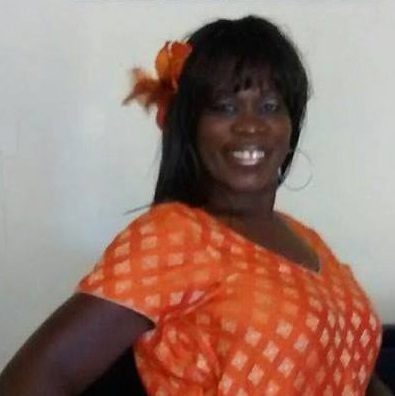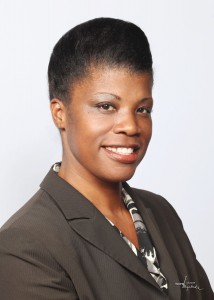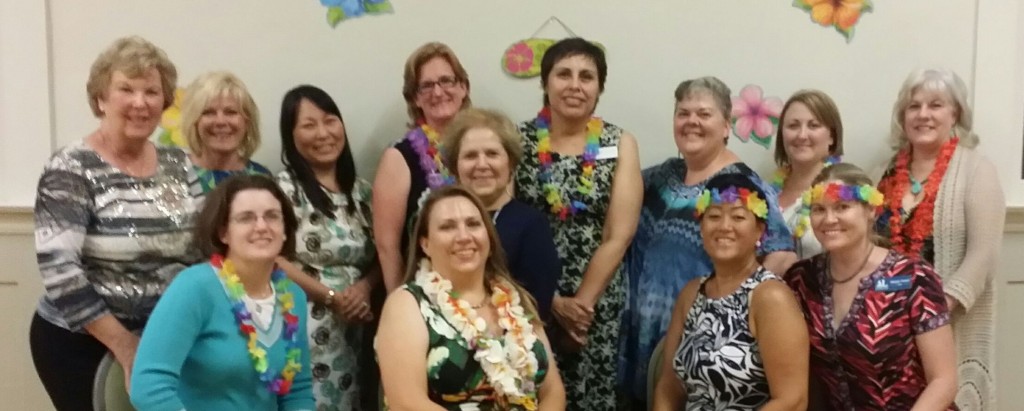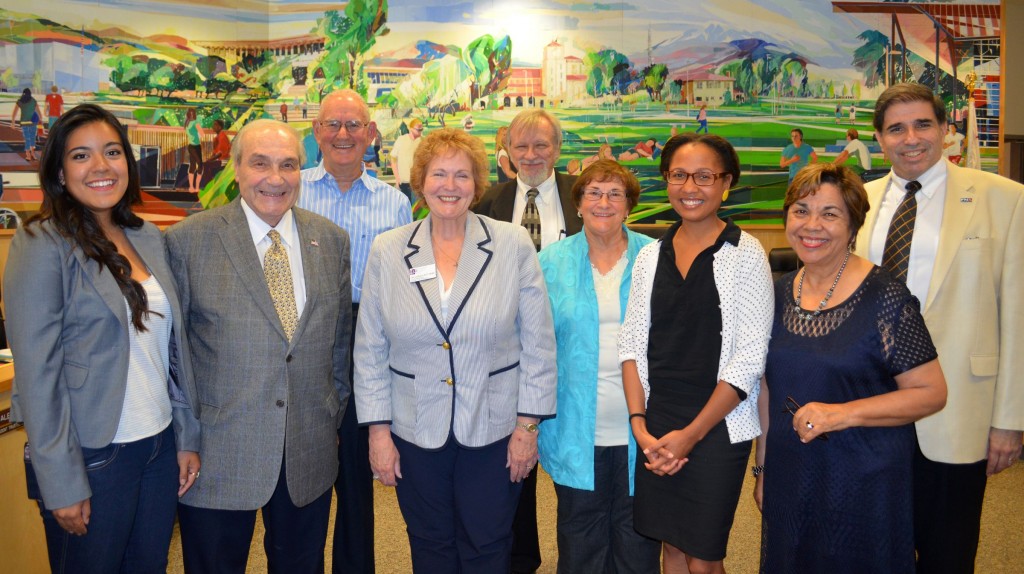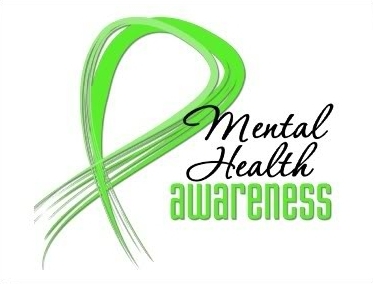 By Kenn Harris – National Healthy Start Association, Dads Matter Initiative, Armin Brott – Mr. Dad
By Kenn Harris – National Healthy Start Association, Dads Matter Initiative, Armin Brott – Mr. Dad
We all know (or at least we should know) how important fathers are in their children’s lives. Children with involved fathers get better grades and are more likely to graduate high school. They’re less likely to abuse drugs or alcohol or to get involved in criminal activity. They’re more independent, manage their emotions better, are less violent, and have higher levels of empathy than kids whose dads aren’t involved. Boys with involved dads learn how to treat the women in their lives, and girls with involved dads learn what they should expect from the men in their lives.
However, none of this happens if dad isn’t around—a scenario that’s especially common in low-income communities where families tend to be younger, unmarried, less educated, and resource deprived. Most of the services available to these families (prenatal care, new parent classes, and so on) are actually targeted at mothers and for the most part, completely exclude fathers. Dads get the message that they have no role in their children’s lives. Too many take that message to heart and simply back away.
The National Healthy Start Association (NHSA) is committed to changing that dynamic and to giving men the tools and support they need to become the fathers they truly want to be—and their children need them to be. We know from our research that men don’t access services in the same way as women do, and that men and fathers experience great challenges in navigating systems that weren’t designed for them, systems, which traditionally have ignored them.
Recognizing the need to help fathers overcome those obstacles, NHSA developed the Core Adaptive Model© (CAM©) to reach fathers across urban, rural, border, and tribal communities. Building on lessons we’ve learned after 20 years of implementing the federal Maternal Child Health (MCH) program, the goal of our fatherhood programs is to ensure the creation of father-friendly environments that respect the diverse needs (cultural, financial, emotional, and otherwise) of the men and fathers we serve.
One of the most important elements of NHSA Fatherhood programs is training providers and staff about how to approach, engage, and serve men and fathers. Putting a few sports or car magazines in the office waiting room helps but isn’t nearly enough.
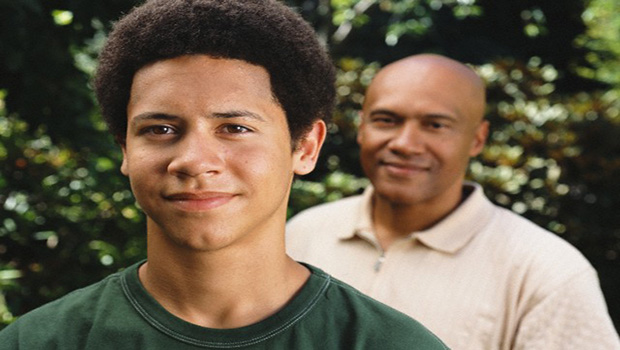
NHSA Fatherhood programs are race- and culturally responsive and are designed to promote impactful engagement and focus on inclusion, involvement, investment, and integration. Most importantly, our programs view each father as a unique and valued member of a family, and emphasize his roles and responsibilities across the life-course (before, during, after, and beyond pregnancy). One of our interventions, “Dads and Diamonds are Forever,” is an 11-week curriculum that aims to restore a man’s sense of value to himself, his child(ren), the mother of his child(ren), and his community.
But since fatherhood is just one facet of men’s identity, we also educate our fathers (and their partners) about “men’s health,” in the broadest sense, including mental, physical, social, emotional, and financial. A man’s health influences his ability to successfully engage with his family, and we know that the healthiest fathers—the ones who take charge of their own health, who support their children and the mothers of their children—have the potential to be the best fathers, and to become the most positive contributors to their communities.
To help us achieve our goal of meeting the needs of at-risk fathers nationwide through best-practice and evidence-based programming, we often partner with other organizations that share similar goals and whose expertise complements our own. June is Men’s Health Month, and as men’s unique health needs become more widely known and documented, we’ve partnered with Men’s Health Network (the organization responsible for helping pass the legislation that created National Men’s Health Week) to increase the health literacy of the men NHSA serves and the health providers who deliver those services.
We also recently partnered with MrDad.com on a “Texting with Dads” program that delivers engaging, educational messages about pregnancy, infant and child development, family planning, age-appropriate activities, partner support, and men’s health directly to the dad’s cellphone.
So this week, the National Healthy Start Association and our partners wish each and every father a happy, healthy Father’s Day. We recognize that most dads today aren’t Jim Anderson (Father Knows Best), nor are they Cliff Huxtable (The Cosby Show), and we recognize that although many dads today face tremendous obstacles—cultural, educational, financial, and legal—to being as involved as they’d like to be, they care about their family and love their children just as passionately as those idealized TV fathers do, and all of us need to do everything we can to support them.
To learn more, go to:
National Healthy Start Association – www.nationalhealthystart.org
Mr. Dad – www.mrdad.com
Men’s Health Network – www.menshealthnetwork.org
Men’s Health Month – www.menshealthmonth.org
Men’s Health Resource Center – www.menshealthresourcecenter.org
 Westside Story Newspaper – Online The News of The Empire – Sharing the Quest for Excellence
Westside Story Newspaper – Online The News of The Empire – Sharing the Quest for Excellence



